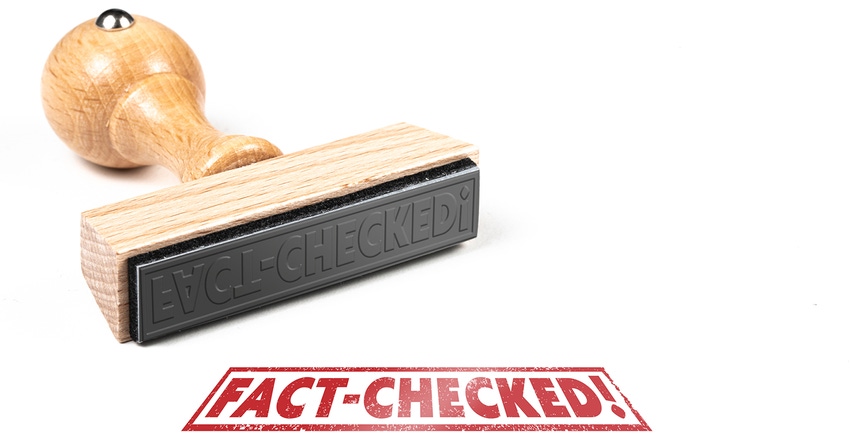Research into Compostable Plastics’ Toxicity Creates Kerfuffle
A study indicating that compostable plastics are more toxic than conventional plastics provokes outcry from a bioplastics industry group.
October 11, 2023

Recent research into the comparative toxicity of conventional vs. compostable plastic consumer products is causing consternation in Europe, with Berlin-based industry association European Bioplastics targeting the study’s methodology.
Results of the study were recently published in the Journal of Hazardous Materials. The researchers are affiliated with Spain’s Institute of Environmental Assessment and Water Research (IDAEA-CSIC) and Institute of Agrochemistry and Food Technology (IATA-CSIC).
For their investigation, the researchers used methanol as an extraction agent on samples of biodegradable/compostable plastic as well as virgin and recycled conventional plastic and then analyzed the extracted compounds.
They evaluated the toxicity of the extracts in several ways — directly, from plastic bag samples; after a UV-light simulation of aging; and using small plastic fragments that remained after composting. The researchers also analyzed fertilizer resulting from the composting process.
A battery of in vitro assays in PLHC-1 fish liver cells provided data on any toxic effects of the extracts.
The biodegradable/compostable plastic samples included different types of polybutylene adipate terephthalate (PBAT)-plus-starch bags. The conventional plastic samples comprised a single-use polyethylene terephthalate (PET) water bottle, a low-density polyethylene (LDPE) carrier bag, and a recycled PE garbage bag.
The researchers reported that extracts from compostable plastics, but not those of conventional plastics, “induced a significant decrease in cell viability (<70%) in PLHC-1 cells after 24 h of exposure. Toxicity was enhanced by either photodegradation or composting” of the compostable plastics.
They concluded that improvements in plastic production and recycling are needed to create safer plastics and safer additives, which may leach out of plastics into the environment and affect living creatures.
In addition, the researchers stated that their “findings underscore the need for additional research efforts and the implementation of regulatory measures prior to the release of mature compost into the environment.”
Bioplastics group questions compostable plastic results.
European Bioplastics issued a statement in reaction to the publication of this research, stating that the researchers’ methodology is not a validated testing scheme.
The group pointed out that “compostable plastics and recycled or virgin conventional plastics are not classified as dangerous substances under EU Regulation (EC) No 1272/2008,” and that compostable plastics must pass ecotoxicity tests to be certified EN 13432 industrially compostable, to ensure no negative effect on soil.
The European Bioplastics scientists who reviewed the study also took issue with the researchers’ use of methanol to extract substances from plastic. (Note that a different research team previously used the methanol extraction method in plastics toxicity experiments, as referenced in the recent Journal of Hazardous Materials article.)
European Bioplastics believes that the new research’s claims that “recycled and compostable plastics are more toxic than virgin plastics are not supported by the scientific evidence.”
The organization suggests a complete reassessment of the study, including test methods and sample-taking procedures, for “scientific correctness.”
About the Author(s)
You May Also Like




